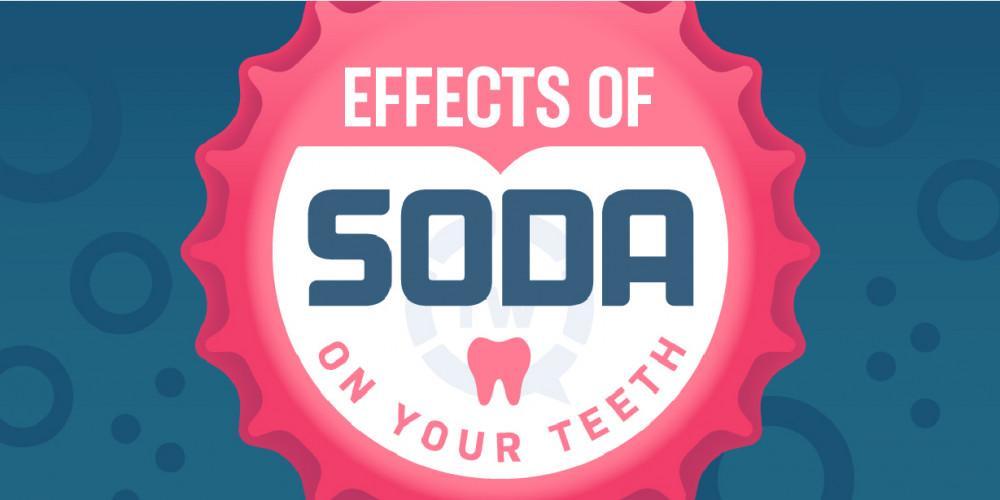
8 Tips for Banishing Bad Breath

Keeping people at arm’s length — just in case you have bad breath — is no way to have a social life. During the holidays, or any time of year, wouldn’t it be nice to chat up-close and hug your loved ones without worrying if your breath is knocking them out? It’s a legitimate fear though, since one in four people suffers with mouth odor, or “halitosis,” on a regular basis.
The sources of bad breath
What’s the number one cause of bad breath? A yucky tongue. The tongue’s bumpy surface collects food debris, bacteria, and cells shed from inside your mouth. If this buildup of gunk isn’t removed, it decays, producing a nasty odor.
Overall, most cases of bad breath stem from poor oral hygiene: a coated tongue, gum disease, or not brushing and flossing thoroughly. When teeth aren’t clean, the army of oral bacteria goes to work on food residue and creates volatile sulfur compounds — and they really stink. So good dental care is your first line of defense in the battle against bad breath.
Non-mouth issues can be to blame, too. Following a special diet, like a low-carb “keto” diet, can make your breath smell like rotting fruit. Sometimes halitosis originates from medical conditions like sinus and tonsil infections or gastrointestinal problems, such as acid reflux. In these cases, your doctor may prescribe treatments or medications that take care of it.
If you have mouth odor, it doesn’t need to be a constant source of embarrassment. Try these tips to fight bad breath on your own. Or call us at ProDent Care in Glendale, California, and we’ll help you get to the bottom of it.
8 tips to keep bad breath at bay
Brush and floss after meals. OK, this seems like common sense, right? But taking care of your teeth and gums is critical, because bacteria feed on any food particles lodged in your teeth. Odor-causing plaque is actually sticking to your teeth, so you need the gentle scrubbing action of brushing and flossing to dislodge it.
Scrape or brush your tongue daily. It definitely has the “Eww!” factor, but it works. You can buy plastic or metal tongue scrapers at any drugstore, or just use your toothbrush. In addition to breath control, there’s a secondary benefit: Without the layer of ick on your tongue, your taste buds will work better.
Keep your mouth moist. Saliva has antibacterial properties that help protect teeth from decay, so you want to keep it flowing. A dry mouth can make bad breath and cavities more likely, so drink water throughout the day. Swish well with plain water after eating if you can’t brush, or chew sugar-free gum to stimulate saliva production.
If your mouth gets dry at night, keep a glass of water by your bed. If you wake up in the morning with a dry mouth — and dragon breath — and think you may be mouth breathing, come in to see Dr. Hambarchian. She’ll advise you if there’s a possible medical reason why you’re breathing through your mouth instead of your nose.
Skip the store-bought mouthwash. Yes, it smells minty fresh. But the alcohol in most over-the-counter mouthwashes can dry out your mouth tissues, which worsens your breath. On top of that, if it’s “antibacterial” mouthwash, it can upset the balance of your oral flora by killing the good bacteria along with the bad.
If you like to swish and spit, try making homemade mouthwash with 2 teaspoons of baking soda stirred into a cup of distilled water. It doesn’t taste as good as the blue or green stuff, but it’s safe for your teeth and even fights the acidity that can hasten cavities.
Clean your oral appliances. If you wear a retainer, dentures, bridge, or even a sports mouthguard, clean them daily to kill bacteria. Use the denture-cleaning tablets that dissolve in warm water as a soaking cleanser for dentures and retainers. Check the instructions on how to best clean your mouthguard.
Avoid stinky foods. The worst offenders are probably onions and garlic, but even spicy or extra-sweet foods can foul up your breath. If you do indulge, try chewing on fresh herbs — parsley, cilantro, or mint leaves — afterward to temporarily deodorize your breath. Just remember that garlic and onion tend to hang around until they’ve passed through your digestive system, so avoid them a couple days before social occasions.
If you smoke, try to quit. Tobacco products make your mouth dry, which can lead to tooth decay and bad breath. Plus, smoking throughout the day gives you a distinctly nasty breath odor which doesn’t completely go away, even when you brush.
See your dentist. There’s no substitute for regular dental checkups. A professional cleaning reaches all the tooth surfaces, including nooks and crannies your toothbrush may miss. You can discuss any concerns, including bad breath, with Dr. Hambarchian and get her expert advice on how to get rid of it.
You Might Also Enjoy...


Understanding the Five Stages of Tooth Decay

Kicking the Tobacco Habit is Good for your Mouth

What to Do When You Crack a Tooth

What is Plaque?


